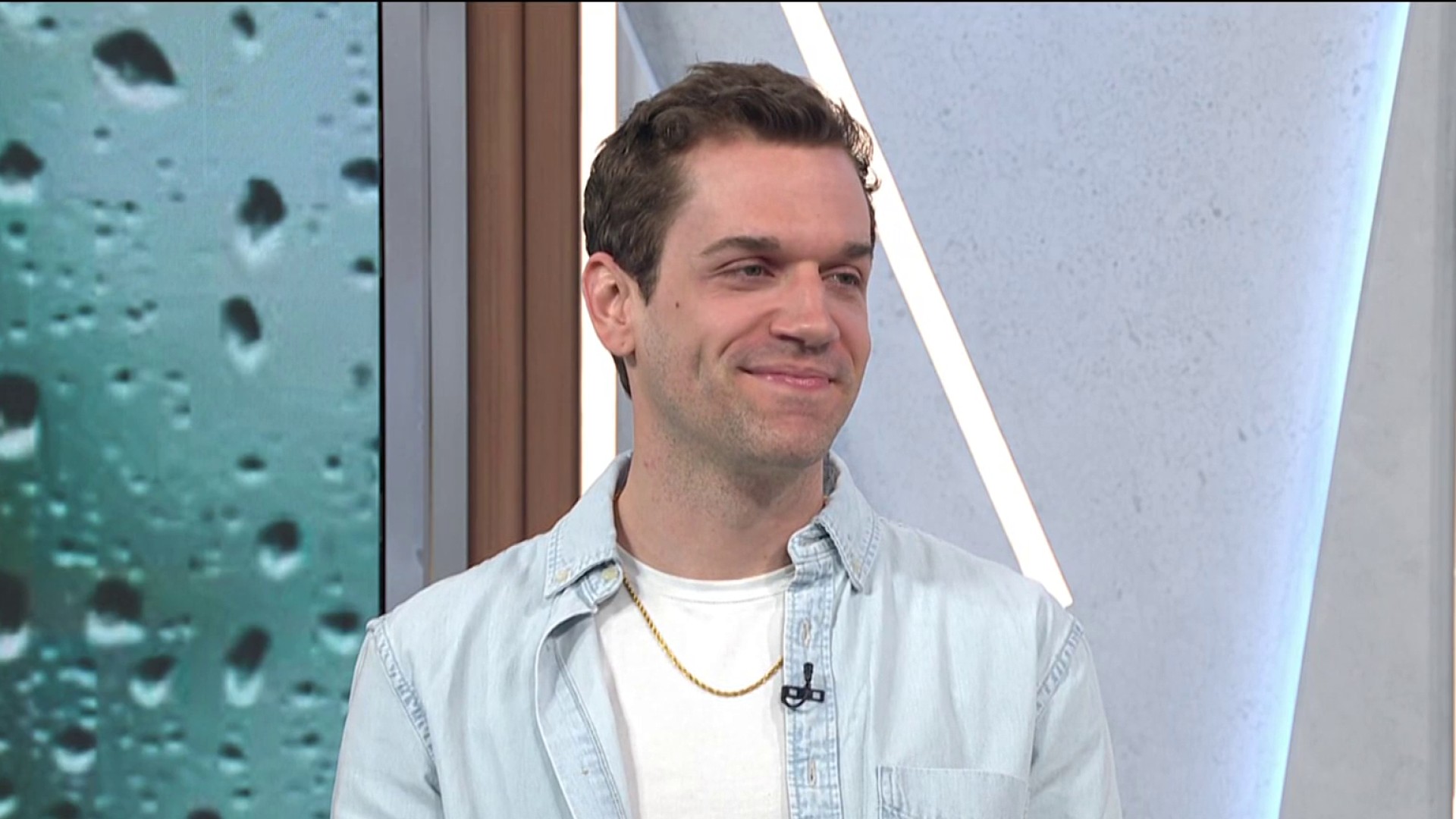“Friends” star Matthew Perry makes both his playwriting and New York stage debut in “The End of Longing,” a sitcom-like rom-com that, regrettably, is neither amorous nor very funny.
Presumably, Perry—whom I generally enjoy as an actor, particularly when he does drama—is drawing from personal experience with “Longing,” in which his character, Jack, is a jittery pill and alcohol addict unable to sustain healthy relationships. The actor’s own issues with substance abuse are well-documented.
So, how did Jack become this quivering mess? We’re asked to believe it’s the emotional fallout from a 3-month-long relationship that ended 20 years ago. Say, isn’t there some rule that you’re allowed to mourn a relationship for an amount of time equal to roughly half the length of that relationship? Shouldn’t Jack, you know … be over it?
It’s the first of many times the plot strains credulity.
“The End of Longing,” which had a commercially successful, but critically panned, run last year in London, clearly wants to position itself as an exorcism for its leading man and author. Ad copy for the 100-minute play, helmed by prominent West End director Lindsay Posner, even insists: “Broken people don’t need to stay broken.”
Aside from Jack, who is on the verge of losing his job because of his drinking, the other characters are Stephanie (Jennifer Morrison, of TV’s “House”), an escort; Stevie (Sue Jean Kim), a neurotic pessimist who works in big pharma; and Jeffrey (Quincy Dunn-Baker), an outcast among all of them because he’s conventionally normal.
We meet all four in the first scene, in a Los Angeles bar, where the set-up has Jack drinking, alone, while waiting for Jeffrey, his only friend, while the two women are catching up across the room. Turns out, Jeffrey had been on a date the night before with Stevie and … golly, relocate this to Central Perk and it could be an R-rated TV episode: “The One That Needed Another Draft.”
Broadway
The journey we take in “The End of Longing” is about whether Jack and Stephanie, two people with major roadblocks to intimacy—lest I forget to mention, she’s the product of an abusive dad, and enjoys her chosen career because it means keeping men, emotionally, at arm’s length—can get it together to form a relationship. (The more interesting subplot asks the same question of Jeffrey and Stevie.)
Perry at times seems uncomfortable with his own material, setting up jokes without waiting for the lines to sink in. (Whines Jack, at one point: “Why is every single episode of NCIS the exact same thing?”) There are glimpses of genuine humor and humanity along the way, particularly in the closing monologue Perry has written for himself, but they’re not enough to sustain matters.
“Longing” also manages to be the fourth or fifth stage piece in the last few months to mine the state of our federal government for “humor.” Says Stephanie to Jack, during an argument: “You’re so stupid that you could run for president and probably win.” On behalf of Republicans, Democrats and Libertarians everywhere, I make this request: Writers—give it a rest.
Derek McClane’s set is one of the best things here. The centerpiece is a turntable that revolves to locate us in the bar, or Jennifer’s apartment, a pharmacy or a hospital. Each room we end up in is decorated with stacks of dozens of bottles, all of them empty—something that would be either torturous or aspirational to Jack, depending on his frame of mind.
“The End of Longing,” through July 1 at the Lucille Lortel Theatre, 121 Christopher St. Tickets: $49-$99. Call 212-727-7722.
Follow Robert Kahn on Twitter@RobertKahn



